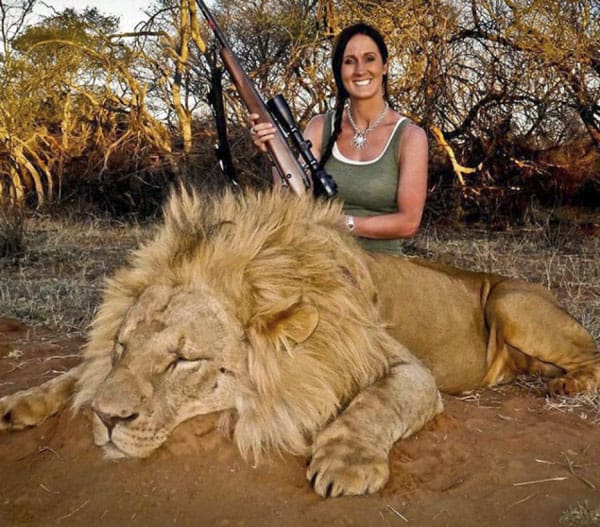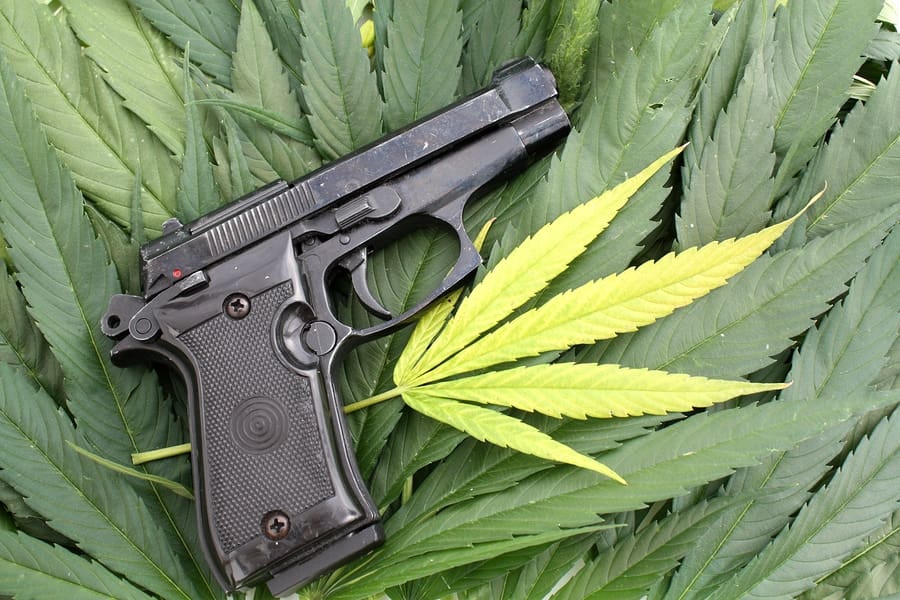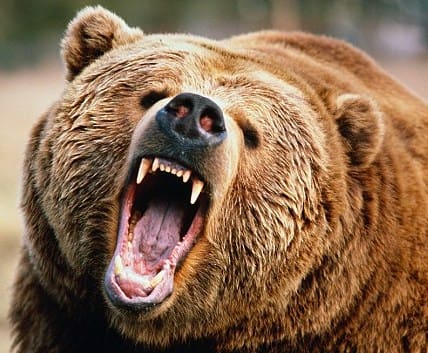Press release from The European Federation of Associations for Hunting & Conservation [via ammoland.com]: The 183 countries that are parties to the Convention on International Trade in Endangered Species of Wild Fauna and Flora (CITES) have concluded their triennial conference, known as CoP17 or the World Wildlife Conference.
The Parties unanimously adopted an important resolution on trade in hunting trophies in which they recognise that “well-managed and sustainable trophy hunting is consistent with and contributes to species conservation, as it provides both livelihood opportunities for rural communities and incentives for habitat conservation, and generates benefits which can be invested for conservation purposes”.
Initiated by the European Union and South Africa, the resolution can be seen as a welcome response to recent unscientific attacks on and misconceptions about trophy hunting in some Western countries. The resolution consolidates and clarifies the high legal and sustainability standards to which trophy hunting practices as well as hunters, exporting and importing countries are subjected. In addition, it contains a set of non-binding recommendations.
For example, it recommends that Parties exporting hunting trophies of CITES-listed species ensure that trophy hunting, as appropriate, provides benefits to local communities; and that trophy hunting activities relating to species listed in Appendix I of the CITES Convention (i.e. threatened species) should produce “conservation benefits” for the species concerned.
Examples of benefits of trophy hunting have already been illustrated in numerous scientific studies over the years. Hunting trophies of black rhino (included in Appendix I of CITES), for example, are the only trade permitted in this species. Trophy hunting has been key in the recovery of this species.
The resolution consequently contains an important recommendation to the Parties to “consider the contribution of hunting to species conservation and socio-economic benefits, and its role in providing incentives for people to conserve wildlife, when considering stricter domestic measures and making decisions relating to the import of hunting trophies”.
Trophy hunting has indeed a crucial role to play in successful conservation strategies. FACE can only welcome this conclusion! The text of the Resolution on trade in hunting trophies can be found here. More information on hunting and CITES can be found on FACE website.
About FACE: The European Federation of Associations for Hunting & Conservation:
Established in 1977, it represents the interests of Europe’s 7 million hunters as an international non-profit-making non-governmental organisation (INGO). This makes FACE the largest democratically representative body for hunters in the world and is probably one of the largest European civil society organisations. FACE is made up of its Members: national hunters’ associations from 36 European countries including the EU-28. FACE also has 4 Associate Members and has its Secretariat in Brussels.
For more information, visit http://face.eu/.





Obviously.
Trophy hunting preserves lion and elephant populations.
If they didn’t have trophy hunter value, the locals would wipe them out because they’re a pain in the ass when you’re just trying to run your little subsistence farm.
Is that a photograph of a victim of male lion violence?
That’s the lovely Michelle Bachman. Her beauty is surpassed by her personality. She’s a really neat person.
Er, I was commenting on the lion, but yes, indeed, that is a very attractive lady whom I am glad is nice as well…
#MaleLionLivesMatter ???
If only the peta types would read and understand this.
PETA types can’t read or understand much. Well, to be fair, they were able to read and understand all about bomb making when they tried to blow up guy I knew.
Hope they succeed by making elephants so valuable for hunting that it creates an elephant oversupply.
Simply put, managed responsible trophy hunting is the only way to avoid at risk an endangered species from being wiped of the earth by the tragedy of the commons.
And stopping the ignorant destruction of confiscated animal parts that drives up the profit incentive in poaching and illegal trade, would go along way to helping the situation as well.
Comments are closed.